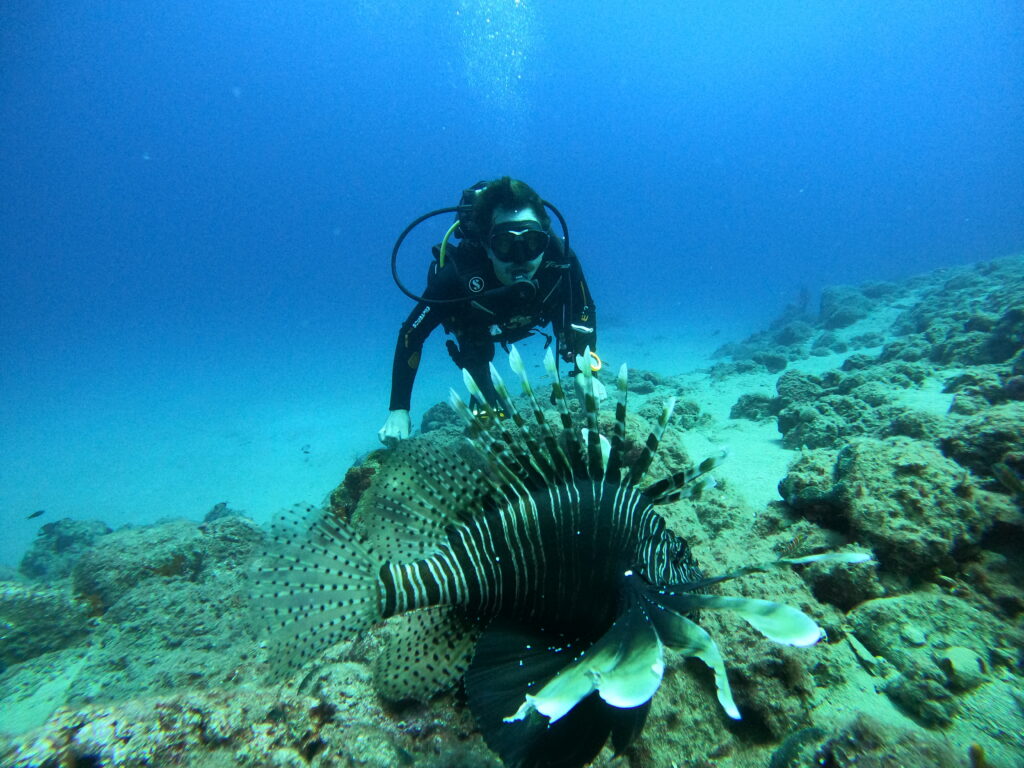At the outset of Pollution is Colonialism, a book full of excellent, informative, and educational footnotes, Max Liboiron (Métis) notes that “It is common to Introduce Indigenous authors with their nation/affiliation, while settler and white scholars always remain unmarked… This unmarking is one act among many that re-centres settlers and whiteness as an unexceptional norm, while deviations have to be marked and named.”
In response, Liboiron chooses to identify all cited authors the way they identify themselves on their first appearance, and thanks those who have self-identified (such as Liboiron themself, as above). Those who have not self-identified are still marked, as (unmarked).
“I take up this method so we, as users of texts, can understand where authors are speaking from, what ground they stand on, whom their obligations are to, what forms of sovereignty are being leveraged, what structures of privilege the settler state affords, and how we are related so that our obligations to one another as speaker and listener, writer and audience, can be specific enough to enact obligations to one another, a key goal of this text. How has colonialism effected us differently? Introducing yourself is part of ethics and obligation, not punishment.” [Pollution is Colonialism, pp 3-4, italics original, bold mine]
Liboiron also makes a distinction in the text between ‘Land’ and ‘land’:
“When I capitalize Land I am referring to the unique entity that is the combined living spirit of plants, animals, air, water, humans, histories, and events recognised by Indigenous communities. When land is not capitalized, I am referring to the concept from a colonial worldview whereby landscapes are common, universal, and everywhere, even with great variation.” [ibid., p 6]
This concept of Land is most familiar to a popular audience via the increasing use of ‘land acknowledgements‘ in US, Canadian, Australian and New Zealand (mostly progressive and/or academic) contexts, in which the historical inhabitants of an event’s location are invoked and thanked.
I’ve long wondered what an equivalent within Europe would look like. It is obviously not the same situation, while being inextricably connected, and the intention is very much not to meaninglessly echo – or, worse, appropriate – a deeply meaningful gesture. Liboiron’s thoughts help me think about why it matters though, in two ways.
Firstly, without an equivalent, Europeans writing about European Land are almost always ‘unmarked’, in all the ways that this obscures relationships, privileges, and obligations as it does when it occurs in colonial territories. We can no more write within Europe than we can anywhere else without acknowledging these systems and the roles they play in our thinking and writing.
I am a British person living in Greece. I am of English descent, from a middle-class background (“upper”, I hear my mother interject, “upper middle class”). I am an EU resident (although no longer a citizen), with all the rights and privileges that affords me, as well as white, anglophone, and, most days around here, cis- and straight-passing. These distinctions matter when I interact with the state, law enforcement, scholars, my neighbours, and other immigrants. They also matter to the way I think, and thus acknowledging them is part of my ethics and obligation.
Secondly, Liboiron helps make it clear that Land is not just about other humans. It’s about the whole ecosystem that is entangled with Land: air, water, more-than-human beings and so on. The Indigenous communities that land acknowledgements recognise acknowledge this too.
Ah, this is supposed to be a blog post, not an essay. Here’s what I’m trying to get at: I’ve started diving again recently, and I meet a lot of these guys.

This is a lionfish. They’re ‘native’ to the Indian Ocean, but they’ve been swimming up the Suez Canal for decades, alongside lots of other critters, and in the last couple of years their population has exploded: we encounter half a dozen or more every dive, here in the central Aegean. It’s as yet unclear what the impact of this will be, but other Lessepsian migrants (the term of art for immigrants via the canal) have already displaced many other, longer-established species, and caused the collapse of several fisheries in the Eastern Med.
I’m going to be writing a lot about the lionfish, I think, and I’m trying to figure out how to talk about them in relation to how we talk about ‘native’ and ‘invasive’ species, climate and other kinds of change (vs static or indeed ‘settled’ conditions), indigeneity and foreignness, movement and migration. Because I am a migrant here too, a privileged one, in the south of Europe, in the ocean, and I want to know how to greet them, to introduce myself, in order to enact obligations to one another.
I think they have something to teach me about this. An expanded acknowledgement of ‘land’ feels like one way of doing this – or not even expanded, just better understood, because the Indigenous communities with whom this practice originated have always understood and intended this. And like my efforts to broaden notions of intelligence in Ways of Being, it needs to be done without ever devaluing the human, who is not at the centre, but who matters as much as any other.
This is a blog post. Hit publish, learn in time…
Comments are closed. Feel free to email if you have something to say, or leave a trackback from your own site.